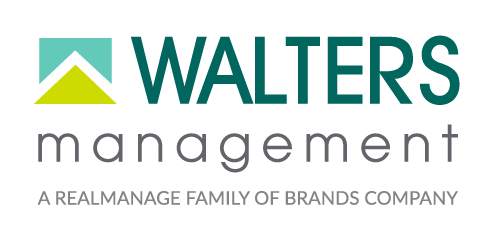
05 Jul CAI’s HOA Board Member Rights & Responsibilities
Common interest developments are dependent upon responsible, informed leadership. To set the community up for success, all members of the community, including leaders, are required to follow general guidelines. As an industry leading organization, CAI© has created the Rights and Responsibilities for Better Communities as a resource for those volunteering in common interest developments.
Community Leaders Have the Right To:
- Expect owners to meet their financial obligations to the community.
- Expect residents to know and comply with the rules and regulations of the community and to stay informed by reading materials provided by the association.
- Respectful and honest treatment from residents.
- Conduct meetings in a positive and constructive atmosphere.
- Receive support and constructive input from owners.
- Personal privacy at home and during leisure time in the community.
- Take advantage of the educational opportunities (e.g. publications, training workshops) that are directly related to their responsibilities, and as approved by the association.
Community Leaders Have the Responsibility To:
- Fulfill their fiduciary duties to the community and exercise discretion in a manner they reasonably believe to be in the best interests of the community.
- Exercise sound business judgment and follow established management practices.
- Balance the needs and obligations of the community as a whole with those of individual homeowners and residents.
- Understand the association’s governing documents and become educated with respect to applicable state and local laws, and to manage the community association accordingly.
- Establish committees or use other methods to obtain input from residents.
- Conduct open, fair and well-publicized elections.
- Welcome and educate new members of the community.
- Encourage input from residents on issues affecting them personally and the community as a whole.
- Encourage events that foster neighborliness and a sense of community.
- Conduct business in a transparent manner when feasible and appropriate.
- Allow homeowners access to appropriate community records, when requested.
- Collect all monies due from owners.
- Devise appropriate and reasonable arrangements, when needed and as feasible, to facilitate the ability of individual homeowners to meet their financial obligations to the community.
- Provide a process residents can use to appeal decisions affecting their non-routine financial responsibilities or property rights—where permitted by law and the association’s governing documents.
- Initiate foreclosure proceedings only as a measure of last resort.
- Provide complete and timely disclosure of personal and financial conflicts of interest related to the actions of community leaders, e.g., officers, the board, and committees. (Community associations may want to develop a code of ethics.)
Board Members have rights to be treated well and responsibilities to treat the communities they govern well. And, Homeowners have rights and responsibilities, too! It takes a mutual understanding of these rights and responsibilities for all members of a community to enjoy the benefits of common interest development living.

